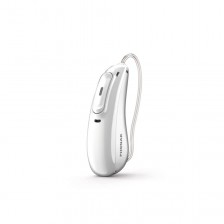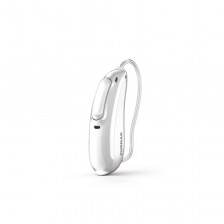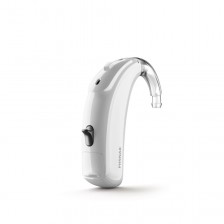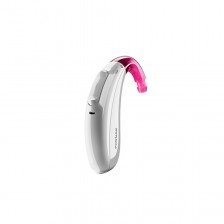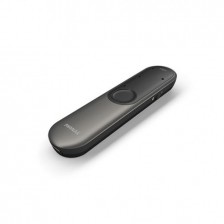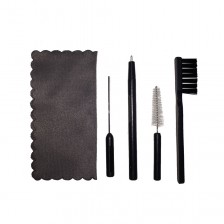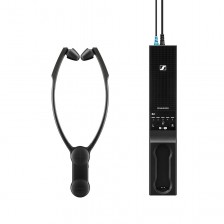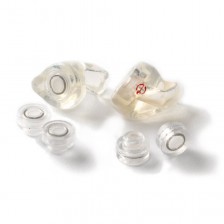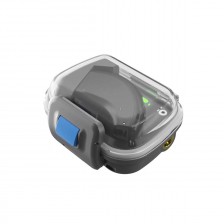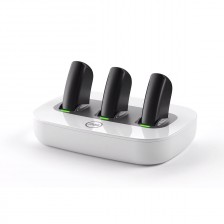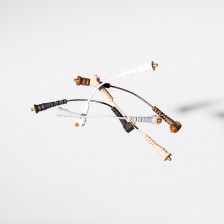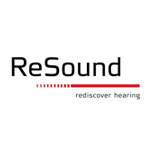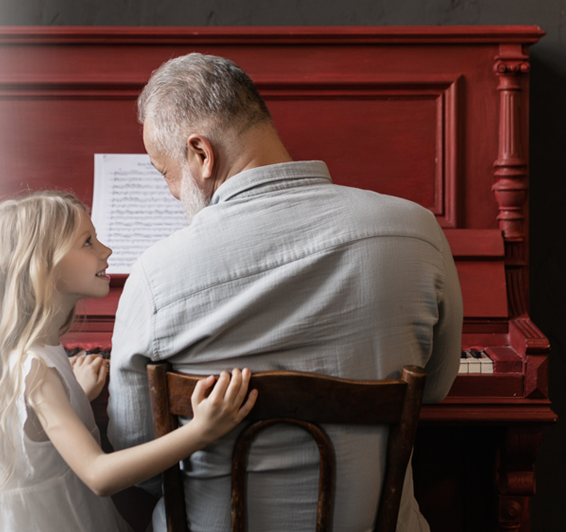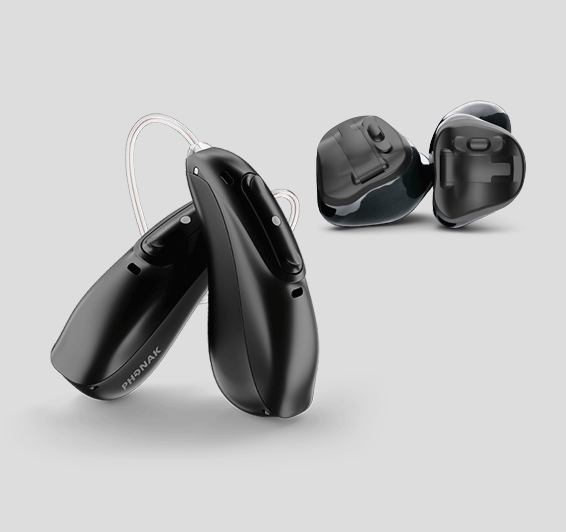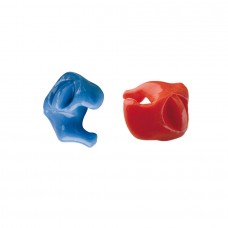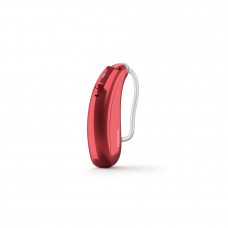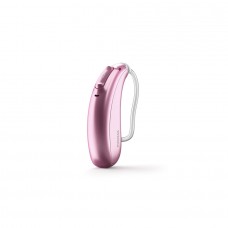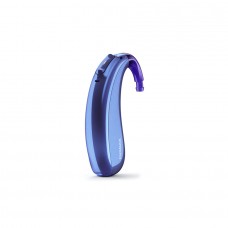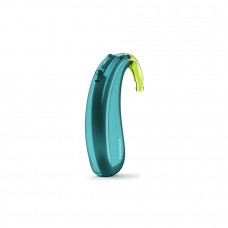How to know if a baby hears

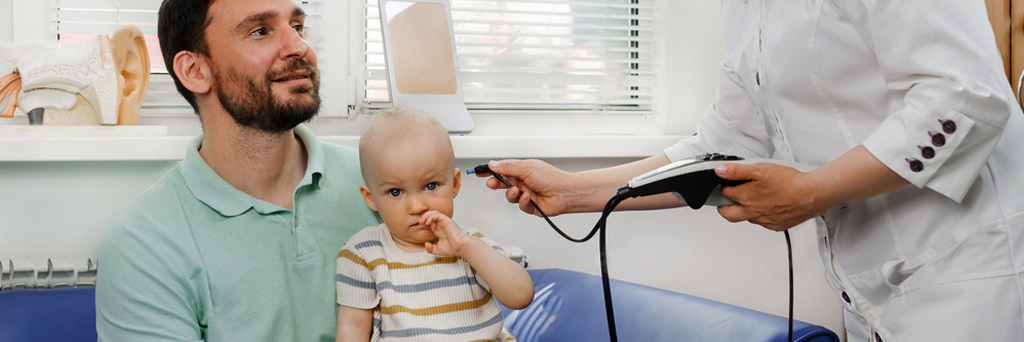
According to the World Health Organization, 34 million children suffer from disabling hearing loss. By disabling loss we refer to a loss greater than 35 decibels in the ear that hears better. The ear is one of the sense organs with vital importance for learning and communication. From birth we perceive the world around us auditorily. The sense of hearing helps us learn, develop and internalize oral language naturally. Definitely hearing plays a fundamental role for the proper development of the human being.
Hearing loss at an early age causes a delay in learning and therefore we must detect it early to remedy it as soon as possible.
The earlier a child with hearing loss is seen, the greater the chance he or she will reach his or her full potential. You may wonder what you can do to find out if your child has hearing loss. Below we show you a list of behaviors and actions that a baby with healthy hearing should perform and that you can easily observe in your daily life. This observation can give you relevant information about the state of your little one's hearing:
Newborn
- Your child is startled or jumps when he hears loud, sudden sounds. You can try by clapping.
- When he sleeps he wakes up when he hears nearby noises in quiet spaces.
From 2 to 6 months
- The babies recognize their parents' voices and are calmed when they hear it, they are silent.
- Search with your head and eyes for an object that emits sound. Try a bell or some toy. Placing it behind or next to you should look for and direct your gaze toward the source of the sound. You can even try it with your own voice.
- Changes expression when there are sudden loud sounds or while hearing a voice.
- They make sounds with vowels.
From 6 to 12 months
- Responds to speech by making noises (babbling).
- Turns head and body when hearing parents' voices.
- Makes imitations of sounds and/or syllables.
- Babbles loudly, now also including some consonants and varying the tone.
From 12 to 18 months
- Can repeat words of one or two syllables (mom or dad).
- Follow simple orders like “come” or “give me.”
- They respond to your name.
- They understand when they name common elements like “home”.
- Understand expressions like “hello".
- Respond to music singing or jumping.
This is all the progress that a baby who has correct hearing should make. If, even after analyzing all the points, you still suspect that your child has hearing loss, consult the pediatrician as soon as possible. He will know how to detect if there is indeed a hearing loss, its possible cause and what is the most appropriate solution. Remember that a fast detection can prevent future learning difficulties and even remedy them in some cases.
